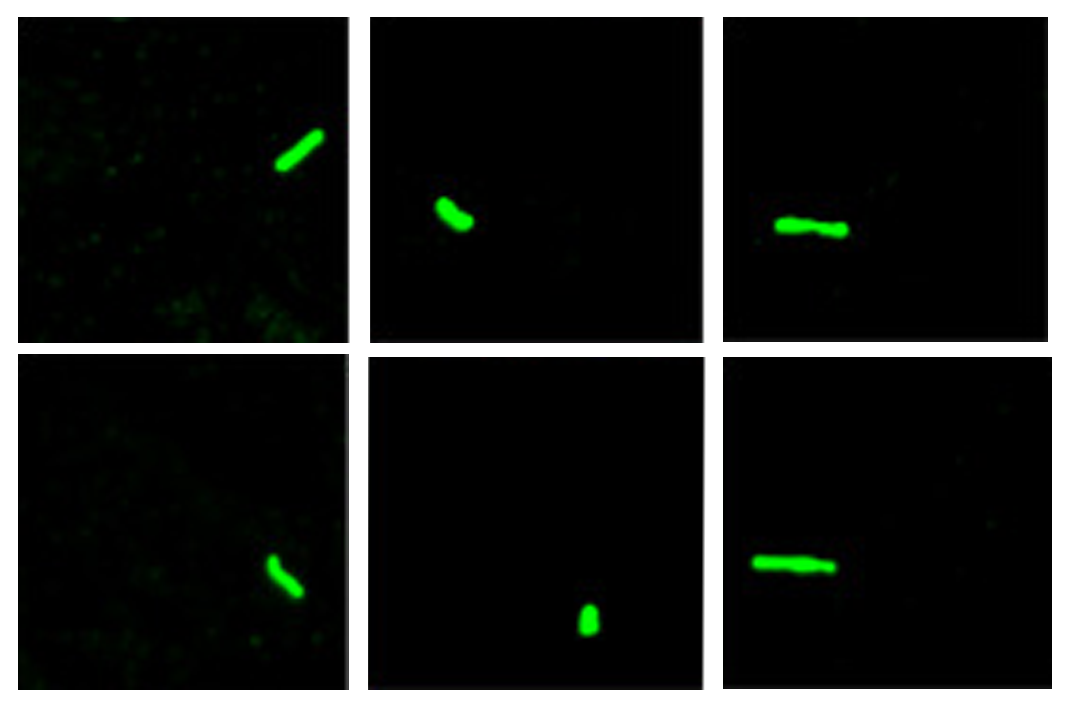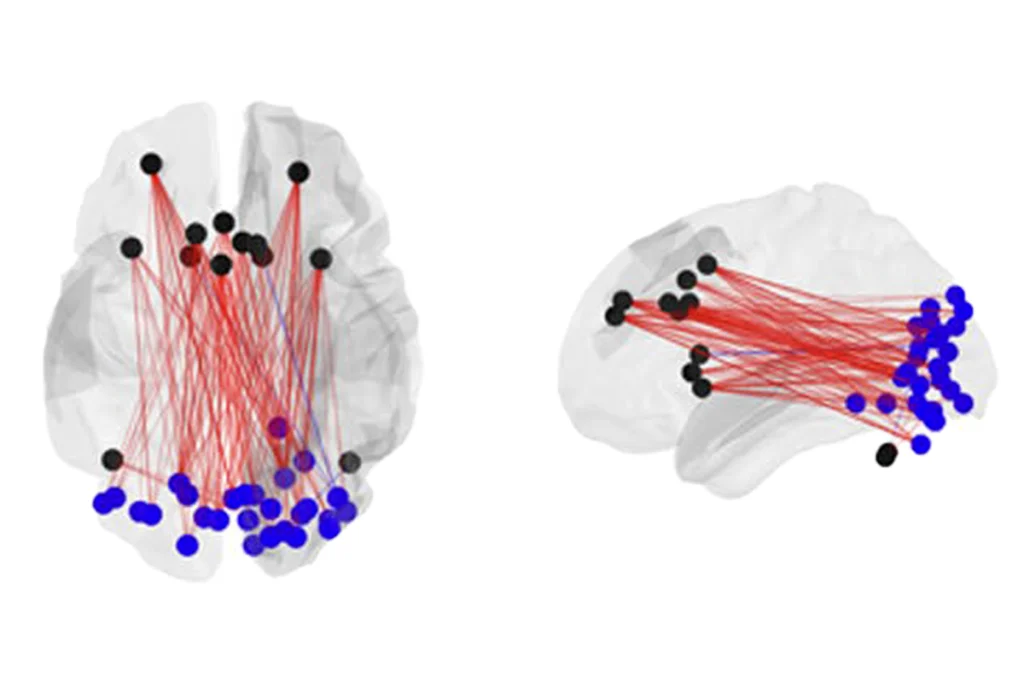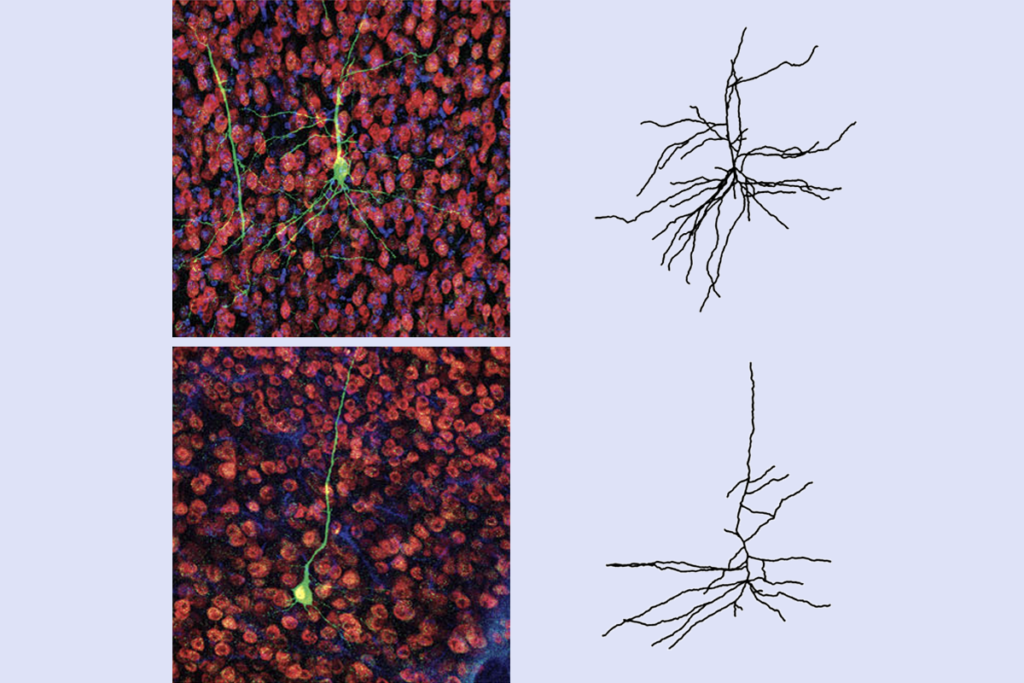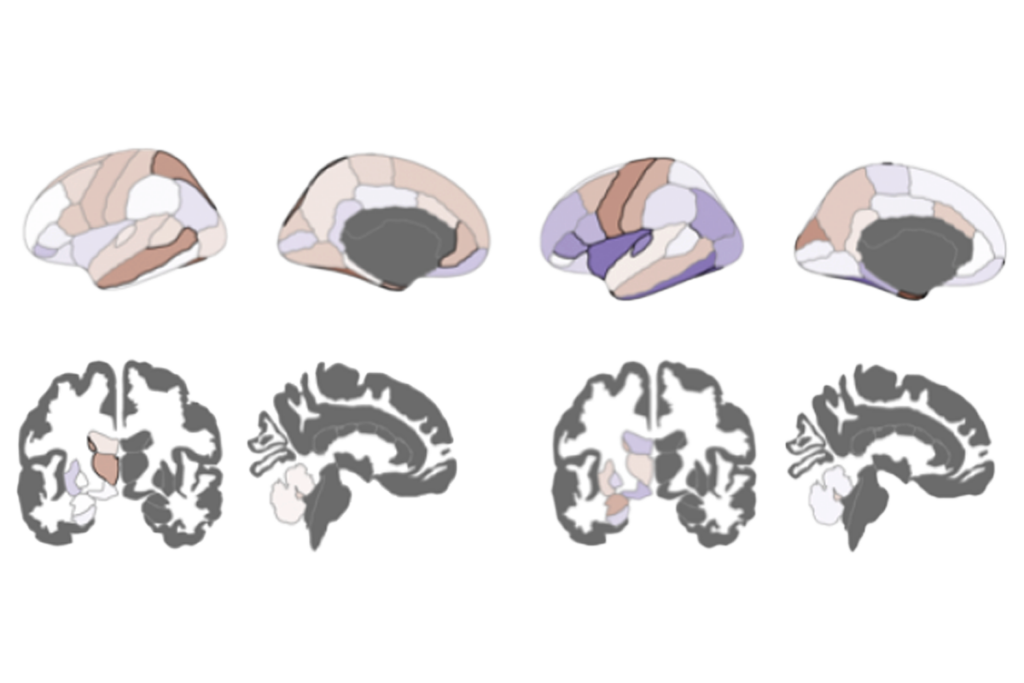Molecular dance: A protein called Necdin plays a role in SYNGAP1 deficiency syndromes such as Prader-Willi syndrome, according to a new study. Investigators show that Necdin helps stabilize SYNGAP protein, and depletion of Necdin in mice leads to decreased levels of SYNGAP protein, reduced sociability and morphological changes in prefrontal cortex neurons. The paper adds to a spate of recent findings about the molecular interactions with SYNGAP genes and proteins that relate to autism, some of which The Transmitter has covered. Molecular Psychiatry
Acetaminophen alert: This month, Secretary of Health and Human Services Robert F. Kennedy Jr. plans to release a report that links acetaminophen (Tylenol) use during pregnancy to autism in children, according to The Wall Street Journal. Over the weekend, several groups responded, including the Autism Science Foundation, which released a statement countering this idea: “Any association between acetaminophen and autism is based on limited, conflicting, and inconsistent science and is premature given the current science.” On Monday, the Coalition of Autism Scientists echoed this message, noting that the claim is “highly irresponsible and potentially dangerous.” As The Transmitter has covered, the purported link between this painkiller and autism can be explained by confounds such as parental health and genetics, according to an analysis published in JAMA in April with data from more than 1.7 million children in Sweden.






